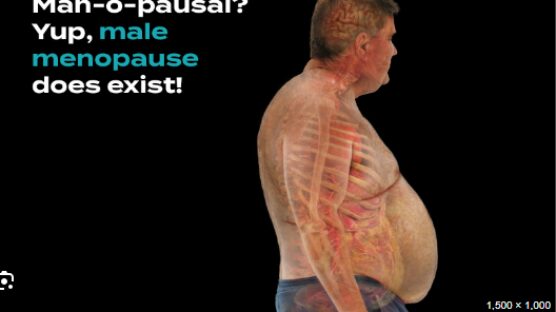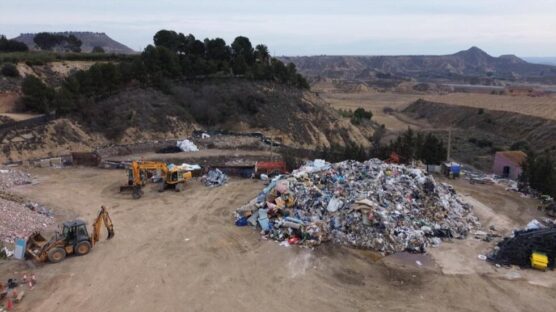Scientists successfully train rats to drive tiny cars
By AFP
27 October 2019 |
12:11 pm
Scientists at the University of Richmond have successfully trained rats to drive tiny cars in exchange for tasty bits of cereal, and found that learning the task lowered their stress levels. The study not only advances our understanding of how sophisticated rat brains are, but could one day help in developing new non-pharmaceutical forms of treatment for mental illness.
In this article
Related
Related
13 Apr
Volkswagen will expand its production and research facilities in Anhui province as the German automaker looks to reclaim its title as China's top-selling car brand.
14 Apr
TikTok is seemingly developing a photo-sharing app like Instagram.
17 Apr
With Nigeria’s key lending rate at 24.75 per cent, developers in Nigeria’s real estate sector say the rate is fast impacting the growth of the industry. How are developers adapting to market shifts and new opportunities amid these challenges? Ayoolanrewaju Kuyebi, the MD and CEO GMH Luxury joins CNBC Africa for this discussion.
17 Apr
In Nigeria, a pharmacist's club create awareness about andropause. They de-stigmatizes andropause and advocates regularly healthy checks.
21 Apr
Australian scientists say the Great Barrier Reef – the world's largest coral reef, stretching over 2,300 kilometres along the country's northeastern coast – is undergoing its seventh "mass bleaching" event since 1998. This comes after they conducted aerial surveys of more than 300 shallow reef. Faced with climate change, coral reefs are the most vulnerable ecosystems in the world. But various techniques are being experimented to restore them
3 days ago
The world of work is undergoing a rapid transformation, constantly reshaping how we think about work, careers, and success. The rise of remote work, the increasing importance of skills over degrees and of course, the impact of artificial intelligence and automation has all led to what we now call the new work era.
Latest
37 mins ago
Over the past two years, the French and Spanish police have been discovering the extent to which rubbish is illegally smuggled across the border. The phenomenon has long plagued Italy, where the mafia organises the trafficking, and is now reaching France and Spain.
42 mins ago
Earlier reports had suggested ByteDance planned to sell the app, without its powerful algorithm. Earlier this week, US President Biden signed a law that would effectively ban TikTok in the US if it is not sold.
42 mins ago
The US has said it secretly delivered long-range ATACMS missiles to Ukraine. This has drawn focus to the debate over providing Taurus cruise missiles, a move the German chancellor continues to oppose.
2 hours ago
Some 16,700 Filipino and US troops began annual joint military exercises in the Philippines on Monday, amid tensions with China over Beijing's growing assertiveness in the region.
2 hours ago
Chinese President Xi Jinping said the US and China should be "partners, not rivals," as a series of issues, including Chinese aid for Russia in its war against Ukraine, continue to separate the countries.
2 hours ago
In India's 2024 election, half of the registered voters are women. Yet only a small percentage of them are running for office. In this video, we explore why are there so few female politicians.
×

Get the latest news delivered straight to your inbox every day of the week. Stay informed with the Guardian’s leading coverage of Nigerian and world news, business, technology and sports.


















0 Comments
We will review and take appropriate action.